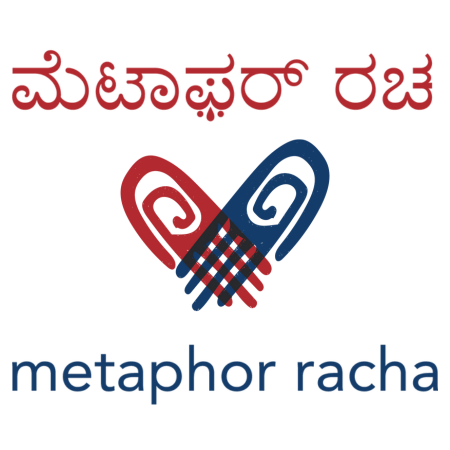Color plays an important communicative role in our lives. There is a significant link between colors and emotions. Feeling blue, green with envy, seething in red, Not everything is black and white are some of the examples. Depending on when, where and how we wear colors it can brighten our day, calm us down, or just let us be. As much as we can't imagine our world without colors, it's also true neither all of us see a particular color the same way nor it affects us similarly.
We all want our lives to be colorful, but truth be told, colors not only affects our mood but also the environment we live in. Harmful synthetic dyes are brighter, last longer and cheap. Some dyes don't even degrade in water, it's that plasticky. A large amount of this dye doesn't even bind with the yarn, hence left open in rivers and drainages. These carcinogens dye comes with prolonged contact with our skin, the largest organ in our body and causes various kinds of health issues.
One of the best solutions is to have the handspun yarn organically dyed. These natural dyes are indigenous and harmless. The method of dyeing even when applied to a humble degree of textile production, requires a significant amount of water. As we work predominantly in north Karnataka, where there is not only a dearth of drinking water but also a non-existent skill for natural dyeing, pursuing natural dyes in various shades is a bit of challenge.
But not to worry, we at Metaphor Racha, have a few solutions.
1] We have been working with Mr.Amarappa, a 3rd generation dyer residing in a village called Shirola. Instead of using harmful naphthol dyes, he has been not only trained to use Azo-free VAT dyes but also in its best utilization and managing waste. We have also restricted the use of colors to 2-3 shades which are locally available and use the dyed yarn responsibly.
2] Our natural dyed yarn comes from a village called Guledgudda from a family practicing with the color indigo. This is the only natural color we have been able to work within North Karnataka.
In both of the above cases, a skilled dyer who can manage a fragile ambara charaka spun yarn is needed and we are thankful for the craftspeople whom we work with.
3] Ideally if we can adopt more 'KORA' in our lives, we can eliminate both harsh chemicals and water-intensive natural dyeing.
Hope we have made it easier for you to understand our responsible approach to 'color'. We request you to take part in this simple idea of 'shared responsibility' where he/she is aware of the impact of purchasing decisions on the environment and the health of the consumer and the maker.
.

